
- An invasive or alien species is an introduced species to an environment that becomes overpopulated and harms its new environment.
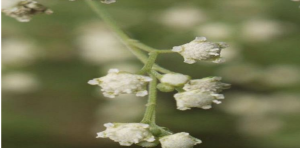
- They can be introduced to an area by ship ballast water, accidental release, and most often, by people.

Common characteristics of IAS include
- Rapid reproduction and growth,
- High dispersal ability,
- Phenotypic plasticity (ability to adapt physiologically to new conditions), and
- Ability to survive on various food types and in a wide range of environmental conditions.
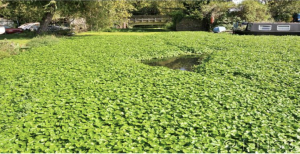
Senna Spectabilis
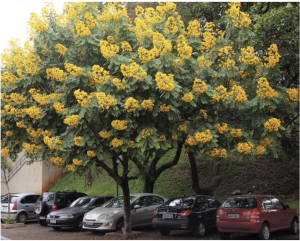
- Senna spectabilis is a deciduous tree native to tropical areas of America.
- It grows up to 15 to 20 metres in a short period of time and distributes thousands of seeds after flowering.
- The thick foliage of the tree arrests the growth of other indigenous tree and grass species.
- Allelochemicals produced by Senna spectabilis prevent germination of many native species.
- Thus, it causes food shortage for the wildlife population, especially herbivores.
- It is categorised as ‘Least Concern’ under IUCN Red List.
Prosopis Juliflora
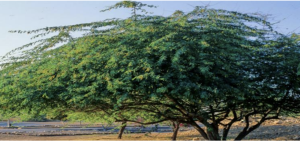
- Prosopis juliflora (Vilaiti Keekar), a non-native and invasive tree species, belongs to South and Central America.
- It is a shrub or small tree, commonly known as Seemai Karuvelam.
- It has superior ability to adapt and establish itself in the given environment as it is capable of growing in a wide variety of soils and climatic conditions.
- Prosopis was introduced into India’s arid landscapes in the late 19th century owing to misplaced beliefs that deserts and grasslands were wastelands and hence needed trees.
- It has encroached over half Banni, one of Asia’s largest grasslands in Gujarat.
- Prosopis was introduced in Banni to keep the salt flats of the Rann of Kachchh in check.
- Affects the nesting success of birds as it produces less oxygen and more carbon dioxide.
- Causes drying up of water bodies and ground water as it absorbs more than 4 litres of water to obtain one kg of biomass.
- Causes stomach poisoning in livestock by inducing a permanent impairment of its ability to digest cellulose.
Lantana camara

- Lantana camara is a small perennial shrub, which forms extensive, dense and impenetrable thickets.
- It is native to Central and South America.
- It is an invasive species which was introduced in tropical regions as an ornamental plant (introduced in India in 1807).
- The thickets covered vast tracts of land, stopping the natural light and nutrition for other flora and fauna.
- The toxic substance in its foliage and ripe berries affected the animals.
- It has also invaded various wildlife reserves, river banks and the Project Tiger areas.
- In some regions, the plant has invaded pastures and shrunk the cattle grazing areas, affecting the livelihood of villagers.
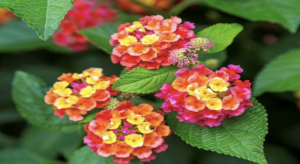
Mission Lantana
- It was a special drive to uproot the invasive lantana bushes in the famous Sajjangarh wildlife sanctuary in Rajasthan’s Udaipur district.
- It was a month-and-a-half-long campaign accompanied by the plantation of native species on the cleared patches of land.
- The drive involved collective efforts and ‘shram daan’ (voluntary physical work) by the forest officials, police personnel, wildlife lovers, representatives of voluntary groups and local villagers.
Water Hyacinth
- Water hyacinth, also known as, Eichhornia crassipes, is an aquatic weed common in waterbodies across South Asia, including India.
- This is not an indigenous species but was introduced to India during British colonial rule as an ornamental aquatic plant from South America.
- The plant produces beautiful purple flowers that have high aesthetic value.
- Aka the terror of Bengal.
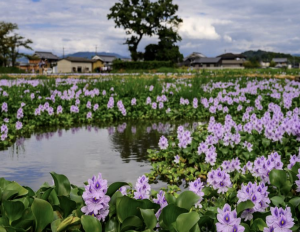
➡️UPSC 2023 General Studies Course: https://sleepyclasses.com/general-studies-for-upsc/
➡️Sociology Optional for UPSC: https://sleepyclasses.com/sociology-for-upsc/
➡️Political Science and IR for UPSC: https://sleepyclasses.com/psir-for-upsc/
➡️Signup here – https://sleepyclasses.com/
Have any query related to UPSC preparation: 📞Contact Us ► Toll-Free: 1800 890 3043 ► Mobile: 6280133177 ► Email: Sleepy.Classes@gmail.com ► WhatsApp: 6280133177



